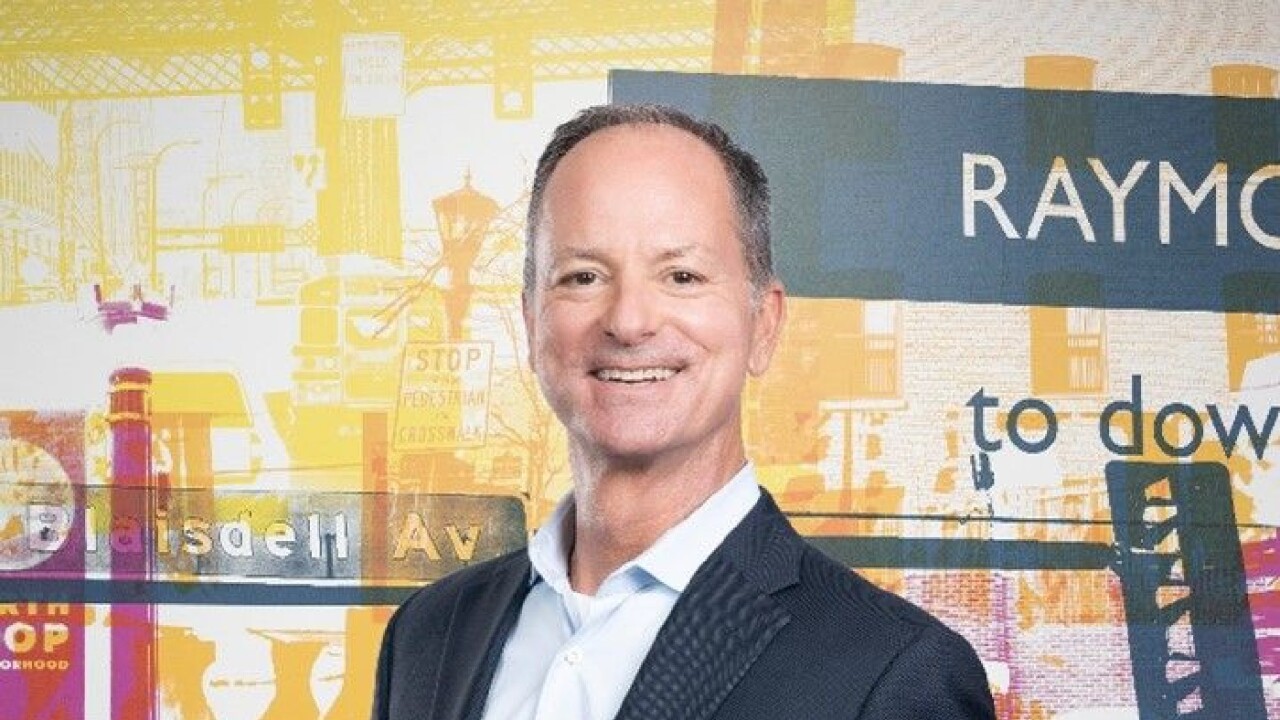Six weeks after Hurricane Ida struck the Gulf Coast, Investar Holding Co. in Baton Rouge became the first bank in the region to report a significant storm-related loss.
The $2.7 billion-asset Investar announced late Thursday that it would make a $21.6 million third-quarter provision to its allowance for loan losses, stemming primarily from the destruction of property used as collateral by a large borrower. Analysts expect that this will lead the bank to report a loss for the third quarter when it announces results on Oct. 21.
“As a result of the storm’s impact on the borrower’s operations, some of the collateral supporting the loan relationship experienced a significant reduction in value,” Investar said in an 8-K report filed with the Securities and Exchange Commission.
According to Investar, the charge won’t affect its well-capitalized status. At the same time, analysts concluded that the charge was substantial enough to swing the company to a third-quarter loss. Investar reported a profit of $5.7 million for the quarter that ended June 30, which CEO John D’Angelo said set a record for earnings.
In a research note Friday, Hovde’s Brett Rabatin predicted a loss of approximately $10 million, or $1.01 per share, along with a reduction in tangible book value in the neighborhood of 6%, to the $18.50-to-$18.60 range.
“While the credit would very likely not have been an issue without the impact of Hurricane Ida, and there is a lack of other systemic issues related to the hurricane, the net charge-off is big enough to warrant slightly less optimism on our thesis, despite the below-peer valuation and potential for profitability improvement in the next two years,” Rabatin wrote.
Janney Montgomery Scott analyst Freddie Strickland predicted a loss of $1.07 per share in a research note Friday. Scott, however, left his 2022 estimate unchanged at $2.58 per share. Rabatin similarly held his 2022 earnings estimate steady at $2.47 per share.
Robert Taylor, president and CEO of the Louisiana Bankers Association, doesn’t expect to see many more announcements like Investar’s.
“There will be a very small number of blips banks experience with their customers,” Taylor wrote Friday in an email to American Banker. “Compared to many years past, today, bankers, customers and bank regulators are all much better at what they do. Consequently, local communities are more vibrant and resilient.”
Jude Melville, CEO of the $4.3 billion-asset Business First Bancshares in Baton Rouge, said he isn’t anticipating major credit issues due to Ida, and characterized Investar's situation as an outlier.
“I think banks are better at managing through a crisis, and regulators are, as well,” Melville said. “They’ve proven themselves to be open and flexible, over the past two years in particular. That helps us deal with whatever issues we might have.”
It will take two or three years to fully recover from Ida, even with funds from insurance companies and government programs, according to Stanley Dameron, commissioner of Louisiana’s Office of Financial Institutions.
“A lot of customers have a lot of damage to homes, offices and businesses,” Dameron said. “That being said, there’s a lot of federal money and there’s going to be a lot of insurance money coming in. It will actually be kind of a boon to the economy through the rebuilding process.”
For its part, Investar stated in Thursday’s 8-K report that it was “not aware of additional material impairments related to Hurricane Ida.”
Investar declared a quarterly dividend of eight cents per share on Sept. 15.
Ida made landfall near Port Fourchon, Louisiana on Aug. 29 as a Category-4 storm with sustained winds of 150 miles per hour. In its aftermath, bankers throughout the Gulf Coast region
Banks are continuing to assist residents with the recovery, Melville said.
“There are still a lot of folks that are struggling, from housing to electricity, so it’s not time to turn the page,” Melville said. "There is a lot of work to do, but I think we’ve proven as a people to be resilient and caring. There is some positivity that’s come out of this in terms of us coming together to accomplish something. I’m proud of our employees. We’re blessed to be able to be one of those groups that can provide some of that help.”





